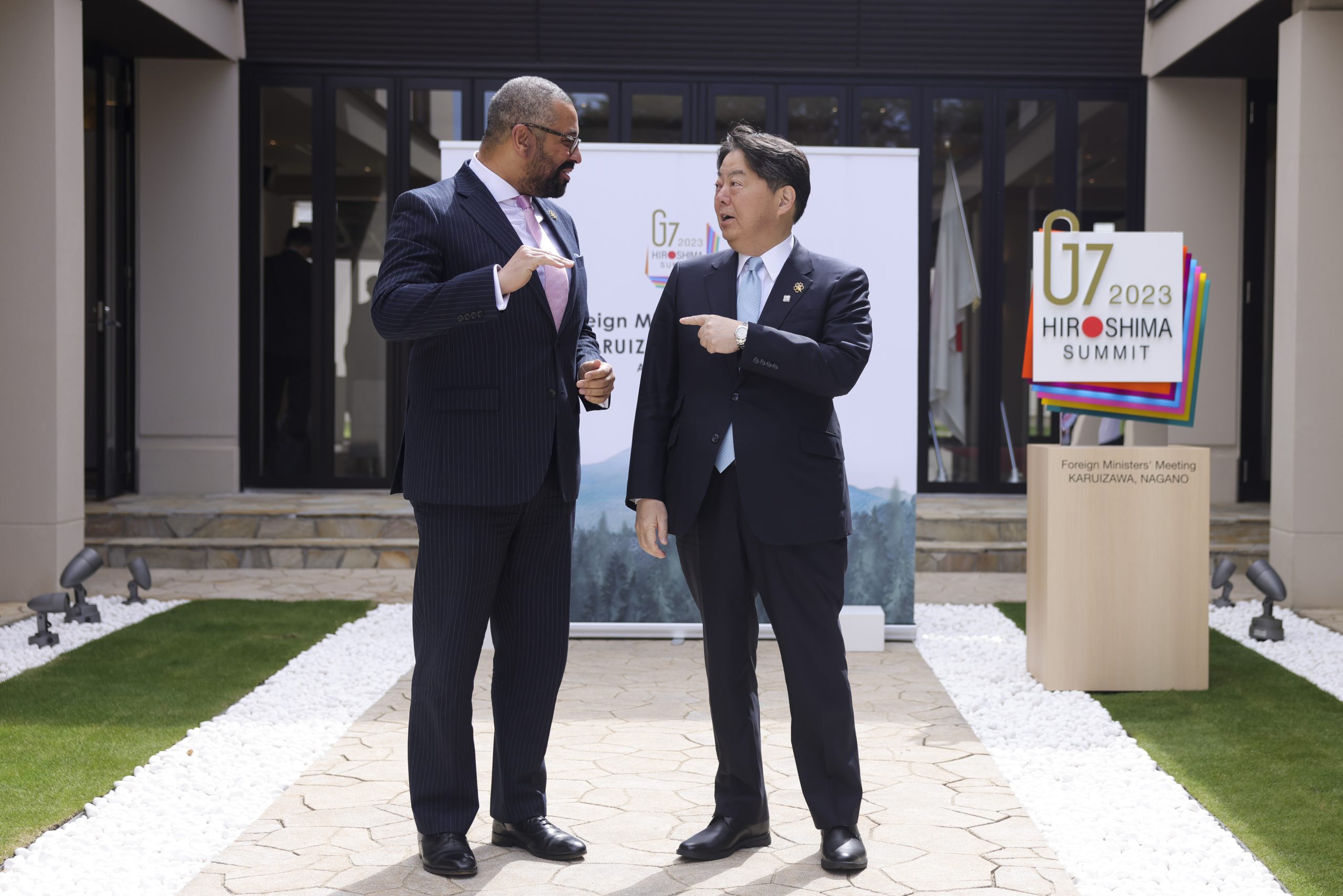When Japan hosts the Group of Seven this weekend in Hiroshima, Prime Minister Kishida will be keen to project a positive image of the country’s energy agenda. His headline Green Transformation (GX) policy will no doubt be touted as a pragmatic solution attuned to the realities of developing Asia and Japan. Some of his G7 peers, however, may be less sanguine.
Energy won’t be the only topic discussed in Hiroshima, which is Kishida’s home constituency, but it will be the one area that connects the key challenges facing the G7 today: international security, climate action, and the cost of living crisis (inflation, global economic inequality, etc.)
Given the central role of energy, the G7 leaders will be keen to show a united front. Tensions with China and Russia almost demand it. However, the gaps between allies on energy strategy are also obvious. The roles of nuclear and natural gas, the timing for a phaseout of coal, the weight of reliance on renewables, the faith in EVs, and the interpretation of “transition” in financing are among potential flashpoints.
In the eyes of many international media and environmental groups, Japan is the laggard that needs to upgrade its views. Coverage of the G7 Energy Ministers’ meeting in Sapporo on April 15-16 largely painted Japan as a holdout against a cleaner world. But Kishida won’t be relying on diplomacy and mild manners alone to keep the peace while defending Japan’s position. The prime minister has invited strong voices from outside the G7 to join the Summit. These will likely challenge what it means to be “ambitious” in energy and climate discussions.

